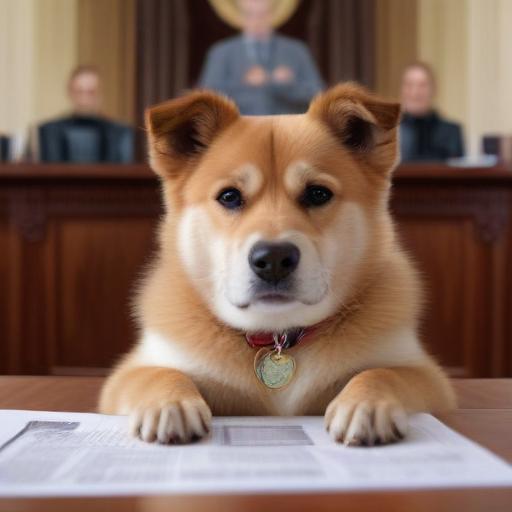The Supreme Court has temporarily granted the Trump administration the ability to prevent Elon Musk’s Department of Government Efficiency (DOGE) from complying with freedom of information requests for thousands of documents. Chief Justice John Roberts issued an administrative stay that maintains the status quo while the Court evaluates future actions.
This development means that the government currently does not need to respond to requests for documents or allow the deposition of DOGE administrator, Amy Gleason, as previously mandated by a lower court.
Central to the ongoing legal battle is whether DOGE qualifies as a government agency under the Freedom of Information Act (FOIA), which permits public access to governmental internal documents. The Trump administration argues that DOGE, despite its designation, functions merely as a presidential advisory body and should not be subjected to FOIA’s requirements.
The issue is further complicated by the fact that DOGE was established as a successor to the U.S. Digital Service, with the Trump administration now referring to it as the U.S. DOGE Service (USDS). The case brought forward by watchdog group Citizens for Responsibility and Ethics in Washington (CREW) emerged shortly after Trump took office, seeking clarity on DOGE’s status and its operations.
U.S. District Court Judge Christopher Cooper ruled earlier that DOGE is likely subject to FOIA and emphasized that an indefinite delay in providing the requested records would cause irreparable harm to the public. Consequently, the court ordered that DOGE should process requests for information on an expedited basis and preserve all potentially responsive records. DOGE has acknowledged it holds about 58,000 documents related to the FOIA request, in addition to over 100,000 documents in the Office of Management and Budget’s possession.
CREW’s lawyers contended that Judge Cooper had only issued a limited discovery order to determine whether DOGE qualifies as a federal agency, noting that the Supreme Court seldom intervenes in such disputes.
This case highlights ongoing concerns regarding government transparency and accountability, reminding the public of the importance of oversight in governmental operations. As the Supreme Court reviews the situation, it remains to be seen how the balance between executive secrecy and public right to information will ultimately be struck.
